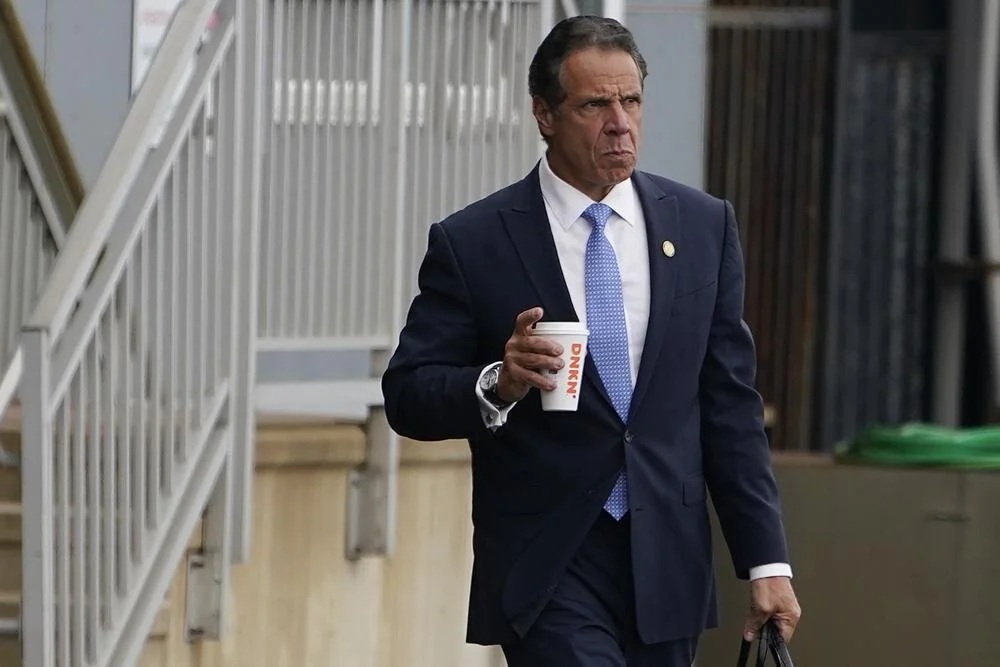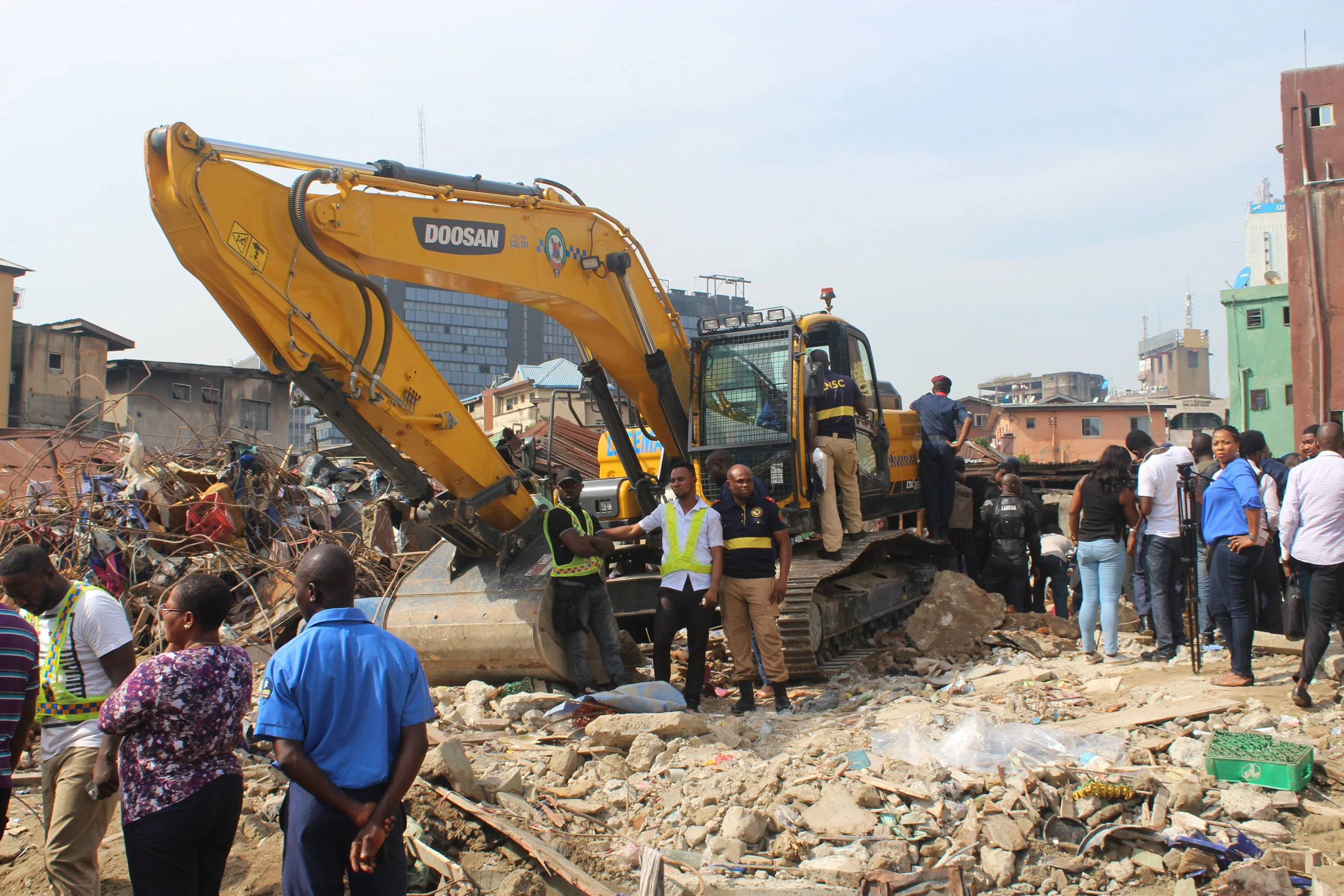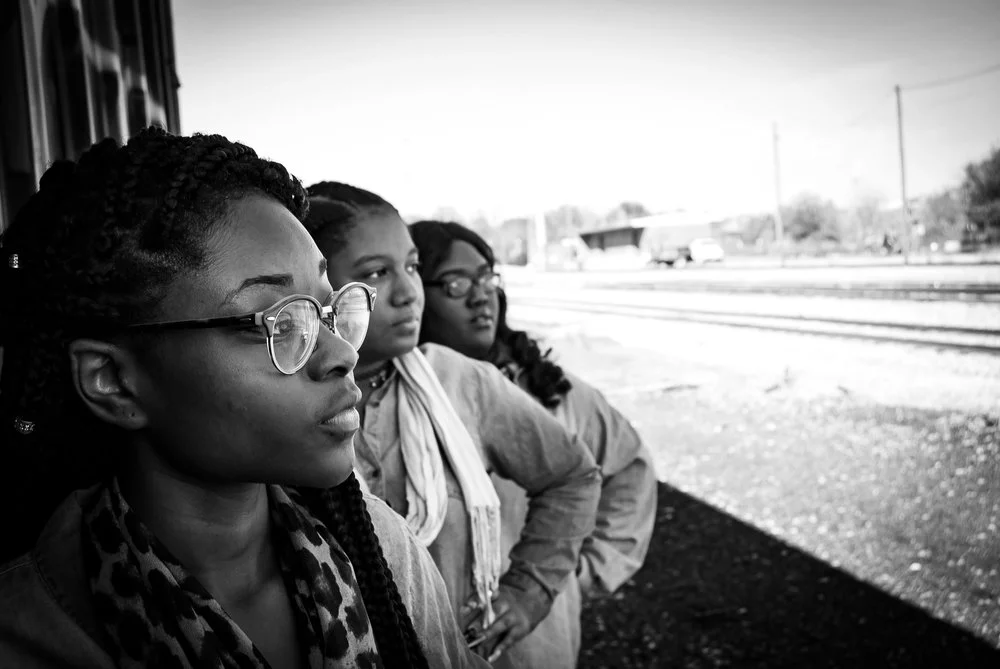The Slow but Sure Unravelling of Patriarchy Inc.
Places of worship are no safe havens for women and children
When Nigerian celebrity photographer, Busola Dakolo, revealed in a video interview that she had been raped twice in her teens by a popular pastor, Biodun Fatoyinbo, Nigerians released a collective gasp. In a country where religious leaders are atypically revered, the allegations were as daring as they were shocking, resulting in protests and counter protests near the church’s premises during Sunday service in the Nigerian cities of Abuja and Lagos.
For his part, Fatoyinbo announced he would step down from his pastoral duties until internal investigations into the matter are concluded.
“Although it would break my heart to tatters to stay a day without doing ministry, I believe it is the right thing to do at this time,” he wrote in statement posted on Instagram days after the story broke.
Meanwhile, a second woman has accused the pastor of raping her.
Talking about sexual harassment is taboo in conservative Nigeria. Victims are expected to suffer in silence while perpetrators walk free without consequences. What’s more, the country’s notoriously slow and corrupt judicial system discourages many from seeking legal redress.
But amid the gloomy scenario, a bright spot is emerging, thanks to the #MeToo movement in the United States—which blew the lid on sexual misconduct in Hollywood and beyond—and netizens around the world sharing their own experiences on social media.
While accounts of pastors sexually harassing women are a jagged pill for some to swallow, incidents of sexual harassment by male lecturers are commonly discussed in hushed tones. For years, women in Nigerian universities have not only endured sexual assault from male coeds, they’ve also had to contend with lecturers threatening to fail them for refusing to fulfil sexual demands. In December, a lecturer was sentenced to two years in prison for badgering a female student for sex, setting a legal precedence in Nigeria.
In an effort to end gender-based violence in universities, Inanna Women Empowerment Foundation (IWEF), a non-governmental organisation, is raising awareness on the importance of seeking consent through its Stop Sexual Predators on Campus initiative and offering free legal representation and psychosocial counselling to students who report cases of sexual assault.
“This campaign is crucial to curb the gruesome nature of sexual offenses on campus and give victims a voice and a shoulder to lean on,” said Funmilayo Akinremi, the foundation’s chief operating officer.
Stand to End Rape Initiative (STER), another NGO leading the fight against sexual assault, organises sex education drives and self-defence classes in communities across Nigeria. In June, it unveiled its second Here exhibition, a partnership with photographer Yagazie Emezi to highlight the prevalence of sex crimes in supposedly safe and familiar places. Photos depicted subjects looking defiantly into the camera, owning their power.
“I photographed volunteer survivors in settings similar to the spaces in which the acts of violence took place against their bodies to deconstruct the culture of silence and shame that surrounds sexual violence, showing not only that this violence happens, but where it happens,” explained Emezi, a survivor herself.
It’s a sentiment women’s rights advocate Abiola Akiyode-Afolabi shares. In the panel discussion marking the end of the weeks-long photo exhibition, she noted, “We must do our due diligence in this war against sexual violence so our children don’t inherit the cycle of silence normalised by past generations.”
With more Nigerians speaking publicly about sexual violence on and offline, it’s only a matter of time before the trifecta of stigma, shame and silence loses its power and sex offenders get their comeuppance.
You May Also Like










